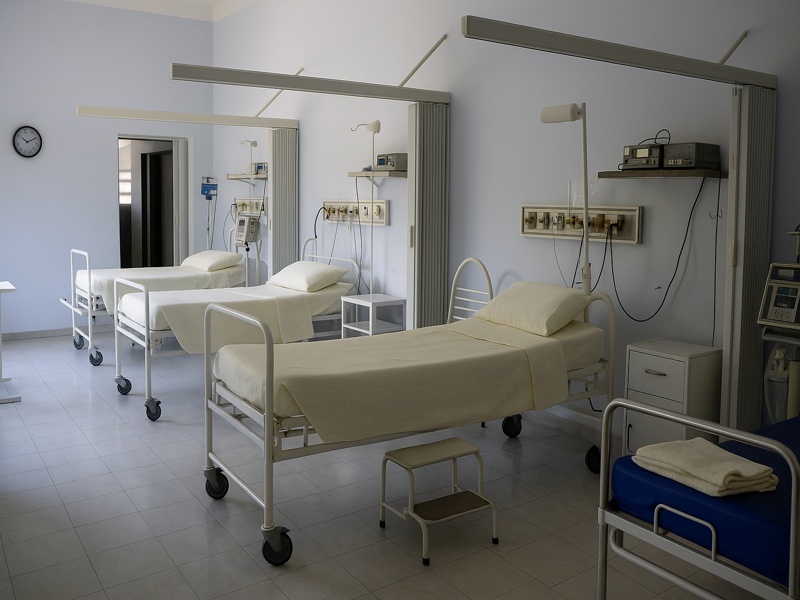News
OFW Hospital in Pampanga: A Lifeline for Filipino Migrant Workers

OFW Hospital in Pampanga: A Lifeline for Filipino Migrant Workers
San Fernando, Pampanga — The OFW Hospital remains a unique healthcare facility in the Philippines, created specifically to serve overseas Filipino workers (OFWs) and their families.
Its upcoming Cancer Care Center marks a significant expansion in services, reinforcing the government's growing commitment to supporting OFWs.
During the groundbreaking ceremony on December 10, President Ferdinand Marcos Jr. was warmly welcomed by a crowd of enthusiastic OFWs.
“OFWs are the ones expressing gratitude. But it’s really us who owe them thanks.”
Referred to as “modern-day heroes,” OFWs play an essential role in economic growth. Migrant Workers Secretary Hans Leo Cacdac emphasized that OFWs are a driving force behind the nation’s economy.
According to the Philippine Institute of Development Studies, overseas remittances contribute around 10% to the country’s GDP.
The hospital currently attends to roughly 165 patients daily. Once the cancer center opens, that number is expected to rise to 300. While the facility is scheduled for completion by 2025, it is expected to be fully operational by 2026.
A Legacy of Advocacy: Remembering Susan Ople
The cancer center also stands as a tribute to the late Susan Ople, the first Secretary of the Department of Migrant Workers, who passed away in 2023 due to breast cancer.
“This initiative was born from the vision of Secretary Susan Ople, who spent her life fighting for the rights of Filipino workers, including those overseas. Even in her final days, she remained dedicated to this cause.”
Cacdac also paid tribute to Ople’s advocacy and said that the cancer center was among her final wishes. He pointed out that many OFWs are facing similar health issues.
Challenges Faced by OFWs
Susana Olivares Rigdao, who worked in Hong Kong, Kuwait, and Malaysia, shared some of her most difficult experiences.
While working in Malaysia, she became ill, but her employer refused to cover medical expenses, insisting the cost would come out of her salary. This pushed her to leave the job and seek another opportunity in Kuwait.
In Kuwait, she endured discrimination, confiscation of her passport and phone, and was even threatened with a knife. Still, she finished her contract before returning home.
To Rigdao and others like her, staying healthy isn’t just about well-being—it’s about survival and the ability to continue working.
Another OFW, Paulina Balunatse, recounted how she injured her knees while swimming with her ward in 2014. Her employer only paid for part of the treatment, forcing her to end the contract.
Although grateful for the OFW Hospital, Balunatse voiced the need for more comprehensive government support.
“When we talk about migrant workers, I hope there are real benefits. They call us heroes when we send money home—but once we return to the Philippines, are we still heroes, or just forgotten ones?”
Future Outlook
While specialized hospitals like those for military personnel exist, the OFW Hospital remains the only one of its kind for migrant workers. Secretary Cacdac did not confirm whether another facility is in the pipeline, but he did mention that some hospitals already have special units catering to OFWs.

.png)